Intro
Learn about bronchitis in infants, its symptoms, causes, and treatment options, including respiratory care and pediatric guidance to help manage infant bronchitis and prevent complications.
Bronchitis is a common respiratory illness that affects people of all ages, including infants. It is characterized by inflammation and congestion of the bronchial tubes, which are the airways that carry air to the lungs. In infants, bronchitis can be a serious condition that requires prompt medical attention. In this article, we will discuss the importance of understanding bronchitis in infants, its causes, symptoms, diagnosis, treatment, and prevention.
Bronchitis is a significant health concern for infants because their airways are smaller and more fragile than those of adults. When an infant develops bronchitis, their airways can become easily clogged, leading to breathing difficulties and other complications. Furthermore, infants are more susceptible to respiratory infections due to their underdeveloped immune systems. According to the American Academy of Pediatrics, bronchitis is one of the most common respiratory illnesses in infants, accounting for a significant number of hospitalizations and emergency room visits.
The high incidence of bronchitis in infants is a major concern for parents and healthcare providers. Bronchitis can lead to serious complications, such as pneumonia, respiratory failure, and even death. Therefore, it is essential to recognize the signs and symptoms of bronchitis in infants and seek medical attention promptly. In addition, understanding the causes and risk factors of bronchitis can help parents take preventive measures to reduce their infant's risk of developing this condition.
Causes and Risk Factors of Bronchitis in Infants
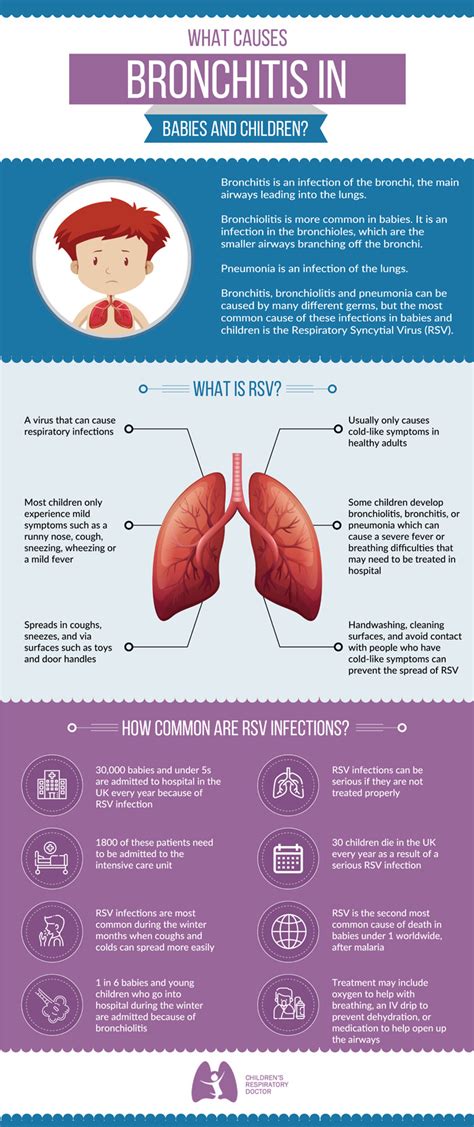
Several risk factors can increase an infant's likelihood of developing bronchitis. These include premature birth, low birth weight, and underlying medical conditions, such as heart disease or cystic fibrosis. Additionally, infants who are exposed to tobacco smoke or air pollution are more likely to develop bronchitis. Breastfeeding can help reduce the risk of bronchitis in infants, as breast milk contains antibodies that can help protect against infections.
Symptoms of Bronchitis in Infants
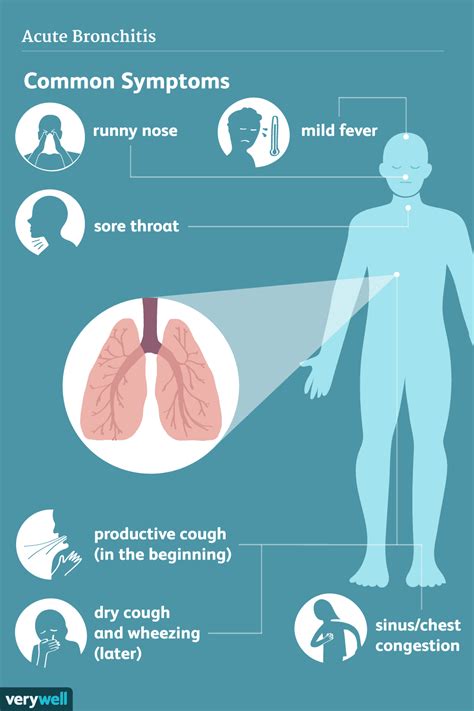
It is essential to recognize the signs and symptoms of bronchitis in infants and seek medical attention promptly. If an infant is experiencing any of the following symptoms, they should be taken to the emergency room immediately:
- Difficulty breathing
- Apnea
- Blue-tinged skin or lips
- Fever over 100.4°F (38°C)
- Refusal to feed
- Vomiting
Diagnosis of Bronchitis in Infants
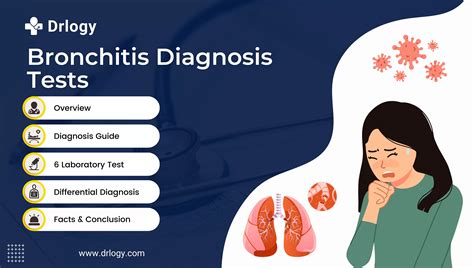
A healthcare provider may use the following criteria to diagnose bronchitis in infants:
- Coughing and wheezing
- Difficulty breathing
- Fever
- Abnormal lung sounds, such as crackles or wheezes
- Positive test results for a viral or bacterial infection
Treatment of Bronchitis in Infants

In some cases, a healthcare provider may prescribe medication to treat bronchitis in infants. This may include:
- Antibiotics to treat bacterial infections
- Bronchodilators to open up the airways
- Expectorants to thin out mucus
- Pain relievers to reduce fever and discomfort
Prevention of Bronchitis in Infants
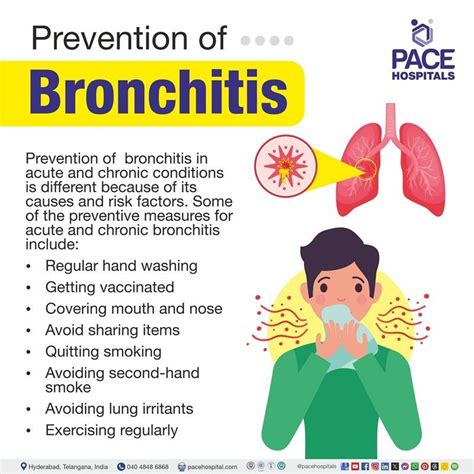
Complications of Bronchitis in Infants
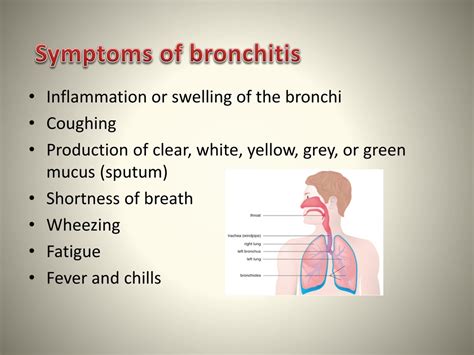
It is essential to recognize the signs and symptoms of bronchitis in infants and seek medical attention promptly to prevent these complications.
Current Research on Bronchitis in Infants
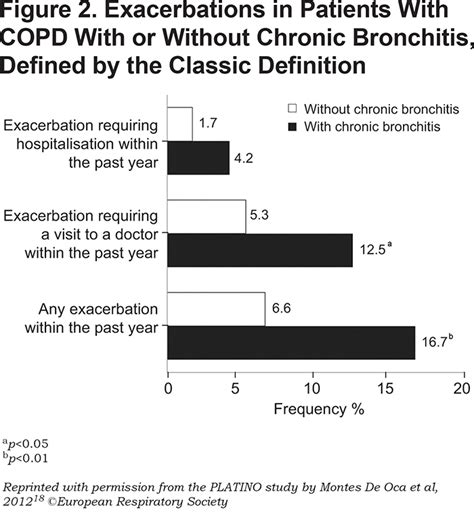
By understanding the causes, symptoms, diagnosis, treatment, and prevention of bronchitis in infants, parents and healthcare providers can work together to reduce the risk of this condition and improve outcomes for affected infants.
What are the symptoms of bronchitis in infants?
+The symptoms of bronchitis in infants include coughing, wheezing, difficulty breathing, fever, loss of appetite, and fatigue.
How is bronchitis diagnosed in infants?
+Bronchitis is diagnosed in infants through a physical examination, medical history, and diagnostic tests such as a chest X-ray or blood test.
What are the complications of bronchitis in infants?
+The complications of bronchitis in infants include pneumonia, respiratory failure, apnea, and SIDS (Sudden Infant Death Syndrome).
How can bronchitis be prevented in infants?
+Bronchitis can be prevented in infants by practicing good hygiene, avoiding close contact with anyone who is sick, keeping the infant away from tobacco smoke and air pollution, breastfeeding, and ensuring the infant receives all recommended vaccinations.
What is the treatment for bronchitis in infants?
+The treatment for bronchitis in infants depends on the severity of the condition and the underlying cause, but may include supportive care such as providing plenty of fluids, using a humidifier, and elevating the infant's head, as well as medication such as antibiotics, bronchodilators, expectorants, and pain relievers.
In conclusion, bronchitis is a significant health concern for infants, and it is essential to understand the causes, symptoms, diagnosis, treatment, and prevention of this condition. By working together, parents and healthcare providers can reduce the risk of bronchitis in infants and improve outcomes for affected infants. If you have any questions or concerns about bronchitis in infants, please do not hesitate to reach out to your healthcare provider. Share this article with your friends and family to help raise awareness about the importance of bronchitis prevention and treatment in infants.
